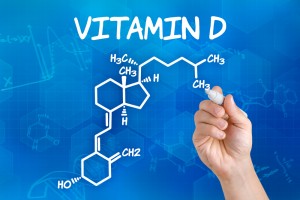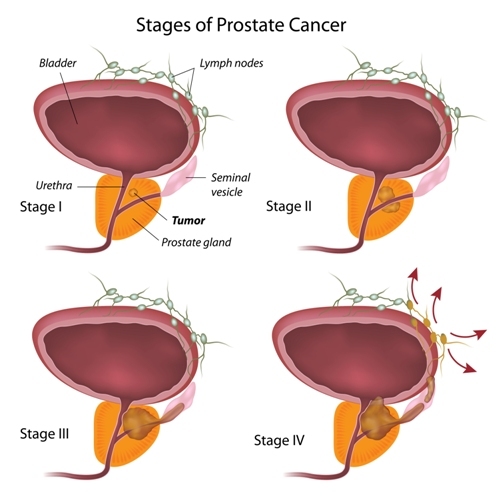 During the 249th National Meeting & Exposition of the American Chemical Society (ACS), the largest scientific society worldwide held in Denver, Colorado between 22nd and 26th of March, Dr. Bruce Hollis from the Medical University of South Carolina will present a clinical study entitled “Vitamin D in the prevention and treatment of cancer.”
During the 249th National Meeting & Exposition of the American Chemical Society (ACS), the largest scientific society worldwide held in Denver, Colorado between 22nd and 26th of March, Dr. Bruce Hollis from the Medical University of South Carolina will present a clinical study entitled “Vitamin D in the prevention and treatment of cancer.”
In this study, the research team shows that supplementation with vitamin D can have a significant impact on disease progression, with the ability to alter molecular and biochemical pathways, slowing or even decreasing the development of less aggressive, or low-grade, prostate tumors without undergoing surgery or radiation.
During a prostate biopsy, upon tumor detection, pathologists use the Gleason Grading System to classify the tumor in terms of its aggressiveness. Tumors with Gleason scores of 7 and higher are considered aggressive and possibly metastatic, needing surgical removal of the prostate gland (prostatectomy) or radiation therapy. Prostate tumors with Gleason scores of 6 and lower are less aggressive and sometimes may not cause any symptoms or health issues during a patient’s entire life.
Dr. Hollis said in a news release that low-grade prostate tumors are not normally treated but put under “active surveillance.“ “The cure — meaning surgery or radiation — is probably worse than the disease, so they wait a year and then do another biopsy to see where the patient stands,” added Dr. Hollis.
Several human tissues including various types of cancer express the vitamin D receptor through which vitamin D enters the cells and exerts is effects. Pre-clinical studies have shown that vitamin D has anti-cancer proprieties including pro-differentiation, anti-proliferation, and anti-inflammatory. Epidemiological studies have associated low systemic 25(OH)D levels as a risk factor for a series of human tumors. However, there are no clinical data confirming these findings.
Dr. Hollis and colleagues conducted a controlled clinical trial where they randomly distributed 37 men performing voluntary prostatectomy into two groups that received 4,000 U of vitamin D or placebo per day, respectively. After 60 days, the prostate glands of both groups of men were removed and analyzed. Preliminary results have shown that several men treated with vitamin D showed improvements in their prostate tumors, while the tumors in the placebo group either remained stationary or worsened. Moreover, vitamin D induced significant alterations in the expression levels of several cellular lipids and proteins, mainly the ones involved in inflammation.
The protein growth differentiation factor 15 (GDF15) was the most significantly induced factor by vitamin D. Prior studies have shown that GDF15 decreased inflammation and several aggressive prostate cancers do not express or express very low levels of GDF15.
Dr. Hollis pointed that the dose of vitamin D used in the study (4,000 U) was well below the 10,000–20,000 U that the human body produces from daily sun exposure. Dr. Hollis added that they treated patients with normal body levels of vitamin D and they still did not experimented pharmacological levels.
Dr. Hollis added that tumor inflammation occurs mainly in the prostate gland and vitamin D seems to be specifically targeting this inflammation, arresting lower-grade prostate cancers from becoming aggressive.
Overall, these findings suggest that vitamin D supplementation may improve low-grade prostate tumors by decreasing inflammation, possibly reducing the need for surgery or radiation therapy.

